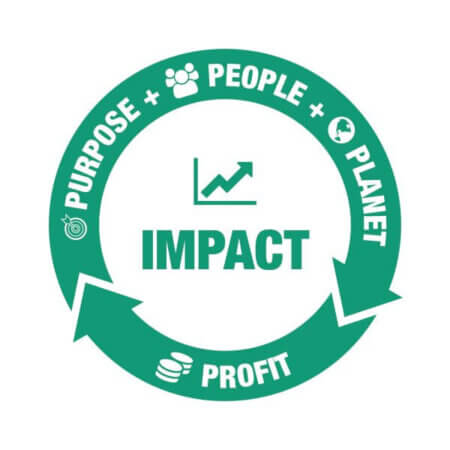
Watch any detective drama on TV and one of the first things they are looking for when considering any suspect is whether or not they have a motive for committing the crime. In ancient Rome, the great orator Cicero used the phrase “Cui Bono?”, or “Who Benefits?” in a similar way in his speeches.
In our modern world, we see increasingly in politics that decisions are driven not only by Cui Bono, but by a similar and somewhat cynical more modern phrase, “follow the money”. Politicians have always leaned towards choosing policies that get them more votes, but where it seems that may not be the case, then we can look more at “Cui Bono”, including “follow the money” as one direction to look for “who benefits”. So, we can use Cui Bono in a historical sense, such as in a criminal case to look for who committed the crime. We can also look to it when a policy or strategy is announced or set in place, to see who will benefit from this.
It is important to note that sometimes we can keep asking this question over and over to look to get deeper and deeper into what the core reason may actually be, as misdirection can be common and there is benefit in being diligently in asking “Cui Bono” over and over to get to the source motivation.
A political example from the UK is the ugly phrase “stop the boats”, one of five key themes for the current Prime Minister. He may well want to “stop the boats”, the small boats of migrants or refugees seeking to cross the English Channel. However, when one digs a little deeper, the number of people involved here is tiny when compared to the all-time record migration numbers that were recently announced. When we look past that misdirection, we see that this is s thinly veiled anti-immigrant policy that simply appeals to their voter base.
In business, we now hear phrases like “greenwashing” (eg many major global energy companies, as well as even tobacco companies claiming be moving towards ESG through, yes, vaping!). We also see “sportswashing”, notably the sovereign investment fund of Saudi Arabia (a country problematic around human rights abuses) buying football teams and recently taking over world professional men’s golf. We even have “purpose-washing”, where companies talk about being purpose-led but on closer examination, it really is only surface gloss to “give good PR”.
Anyway, after those cautions, let us move away from the often negative side of Cui Bono, let us be more positive and look at how we can also use Cui Bono to consider our choices as business leaders. Regular readers will know that I choose to only work with purpose-led leaders. The “Scale for impact” model in the graphic above makes clear what this means to me (as does this core article). These leaders put Purpose, People and Planet first, whilst always maintaining a focus on making and growing profits, not simply to benefit shareholders (though they will benefit), but to benefit society and the planet more broadly.
When seeking to be purpose-led, Cui Bono can be really useful if you keep asking this question of yourself and your organisation, anchored always on your Purpose and Values. The “who benefits?” filter will first guide your decision-making and then, over time, embed itself as a tool to ensure that the whole organisation stays “on purpose”, even where this may mean turning down profitable investment decisions that may not be of benefit when you seek to align to your purpose and values.
One tiny example is a story I read very recently about Spanish strawberries. I remember when fruit and vegetables were only available “in season”, but now one can buy strawberries in Europe far earlier in the year. Who benefits from this? The customer, the store selling the fruit, and the entire supply chain. Who does NOT benefit? The planet. Meeting this “out of season” demand has resulted in water tables in southern Spain being drained completely dry. A much bigger and longer-running story is that of Almonds in California. While we may feel good drinking our Almond milk, the massive water use involved is wreaking environmental havoc. At the end of the day, the “Cui Bono” of the supply chain, once we look further “upstream”, has us see the great damage it causes.
One more positive example is of reducing individual fossil fuel usage. Whilst we must be careful of misdirection (eg 3+ tonne SUVs touting green credentials for being hybrid/electric when their carbon and other impact is still, literally, massive), moving to electric vehicles, especially as we move faster and faster to renewable energy to charge them, will benefit not only the consumer but, further upstream, all of us.
So, try it out on your own investment and purchase decisions. Cui Bono?
